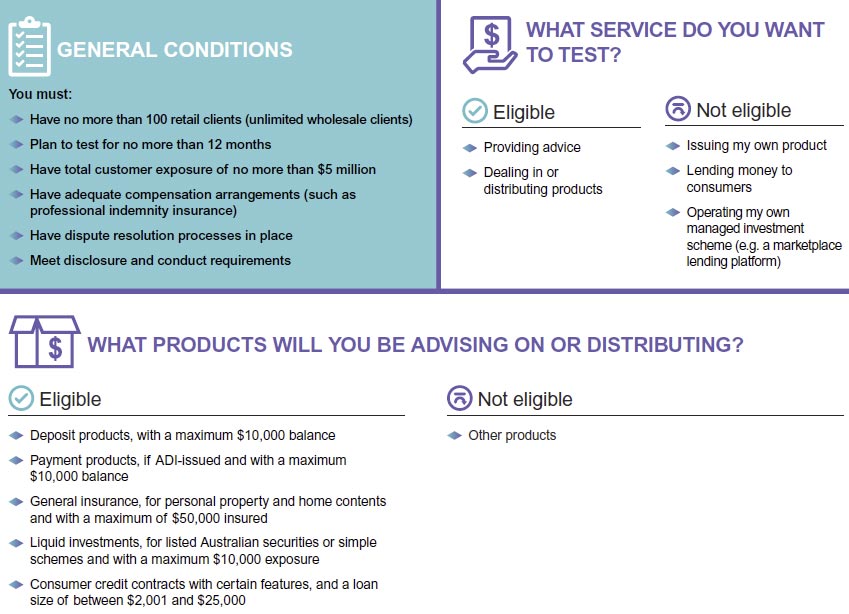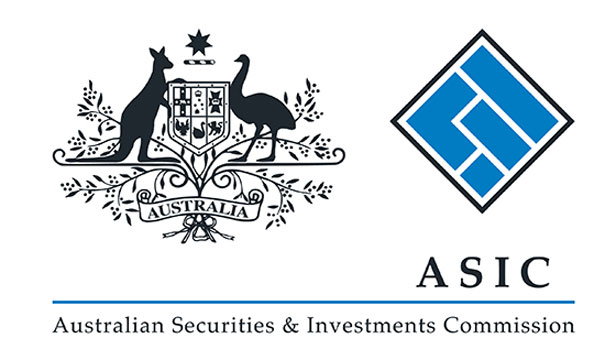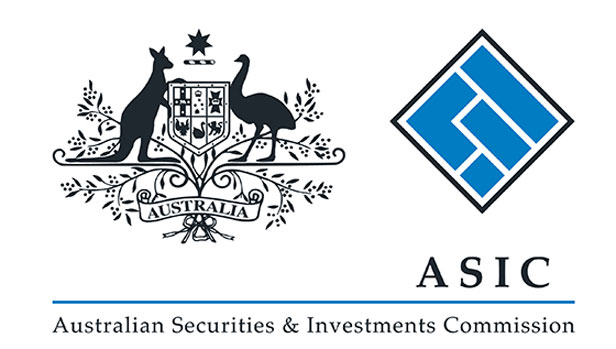From The Conversation.
In a pre-Christmas interview, Greg Medcraft, Chairman of the Australian Securities and Investments Commission (ASIC), looked forward to 2017 and talked tough:
What we want for people to appreciate is that there is nowhere to hide (when it comes to corporate crime).
With new(ish) money from the government, ASIC plans to hire loads of new people and spend big on “data analytics”. [Has no one told ASIC about the problems Centrelink is having with “big data”?

Medcraft was fairly happy with ASIC’s track record in 2016,
In the 12 months to the end of June we undertook 1400 high-intensity surveillances, finished 175 investigations, convicted 22 criminals, jailed 13 people, removed 136 people from the financial services industry.
Sounds impressive until one realises that most of those prosecuted were small fry (dodgy car dealers and the like) and the big end of town has barely been touched. At best it received a tiny tap on the wrist.
2016 was not a good year for ASIC.
In February, the long running scandal of manipulation of the key BBSW base rate burst into the open thanks to investigative journalist Adele Ferguson, and in March, ASIC took ANZ to the federal court. The action against ANZ was repeated later in the year with similar civil proceedings against Westpac and later against NAB. ASIC has not denied that CBA remains in its sights in the BBSW case.
The civil actions over BBSW have been a disaster for ASIC.
First, having to take regulated banks to court is considered in regulatory circles to be a failure. If a resolution for misbehaviour cannot be imposed, it really should be negotiated as it has been in other base rate manipulation cases overseas, with more than US$10 billion of fines and remediation being imposed on international banks for manipulation of LIBOR.
Second the major banks have ASIC over a barrel, admittedly a barrel they chose to lie over themselves. Banks have much more money than regulators to employ legal heavy hitters to drag proceedings out, and have chosen to do so rather than risk a banking royal commission.
In March, another disaster befell ASIC when Adele Ferguson unearthed the CommInsure scandal in which the insurance subsidiary of CBA was found to have dudded policy holders out of insurance compensation that they were entitled to.
As regards CommInsure, ASIC not only should have been searching for the rampant misconduct that was unearthed by the media, it should have taken action over serious misconduct. However, ASIC did what ASIC does best – start a multi-year investigation, which at the end of 2016 has not gone very far.
In April, it got worse. In a “capability review”, the government found that ASIC was a dysfunctional, overworked and under-resourced organisation. With an election on the horizon, Kelly O’Dwyer, the minster responsible, kicked the can down the road, and, hanging Medcraft out to dry, renewed his contract for only 18 months, rather than the usual three years. However, O’Dwyer did reverse the ASIC budget cuts put in place by her predecessor.
In May, ASIC was involved in yet another example of financial misconduct involving major banks being blindsided by dodgy mortgage providers. To its credit, ASIC had initiated the case against the dodgy brokers in 2015, but utterly failed to address the due diligence problems that were unearthed at the major banks. Again, the small fry got fried and the big fish swam away.
The middle of the year was busy for ASIC, mainly keeping its head down during the federal election and ignoring calls for a banking royal commission to address, problems most of which ASIC should have been tackling anyway.
After the election, a new problem hit the headlines. The big four banks were found to have sold products to some customers through their adviser network, with a fee for ongoing advice, but the advice had never been given.
ASIC blamed the problems on “cultural factors”, a topic that Medcraft had been banging on about for some time but obviously has been able to do little about. The latest culprits are so-called “subcultures”, or basically staff who don’t listen to management. ASIC would have been aware of such problems if its staff had read the groundbreaking research on risk culture by Professors Elizabeth Sheedy and Barbara Griffin.
For ASIC, 2016 ended in embarrassment, with ANZ and Macquarie banks being held to account for manipulating base rates. It was the Australian Competition and Consumer Commission (ACCC), not ASIC, which punished the culprits. In his end of year interview, Medcraft said “fining ‘bad apples’ is OK but you have to deal with the tree”, but so far ASIC has given no clue as to what it is going to do about the trees in this particular instance of gross misconduct.
ASIC’s final act of 2016 was farcical. Just before Christmas, the regulator announced that it had accepted an “enforceable undertaking” from the CBA and NAB in relation to the banks’ manipulation of wholesale spot foreign exchange (FX) rates. Overseas, regulators have extracted more than US$10 billion of fines from multiple banks for the so-called Forex fraud and indicted traders, but ASIC could manage fines of only A$2.5 million for each bank to shut down the case, with no one held to account.
It puts in context Medcraft’s comment to the Australian that “If you think about enforcement, you have to have penalties which actually hurt. They can’t be a feather”. Feathery fines of a few million dollars will hardly cause the big banks to “hurt”, unless it’s from laughing.
In his first interview of 2017, Medcraft hinted that he was prepared to roll over and run up the white flag on BBSW. He signalled to the banks that the climb down over Forex showed he was “pragmatic” and that
we’re always open to a settlement … but any settlement has to be credible.
Unfortunately, ASIC has lost what little was left of its credibility in 2016. The regulator could do worse than listen to its own advice to banks:
It gets back to individual accountability. We have to make sure that, where it’s needed, you have a whole-of-management accountability, which is critical.
But if no one else pays attention to ASIC, why should it listen to its own advice?
Author: Pat McConnell, Honorary Fellow, Macquarie University Applied Finance Centre, Macquarie University








